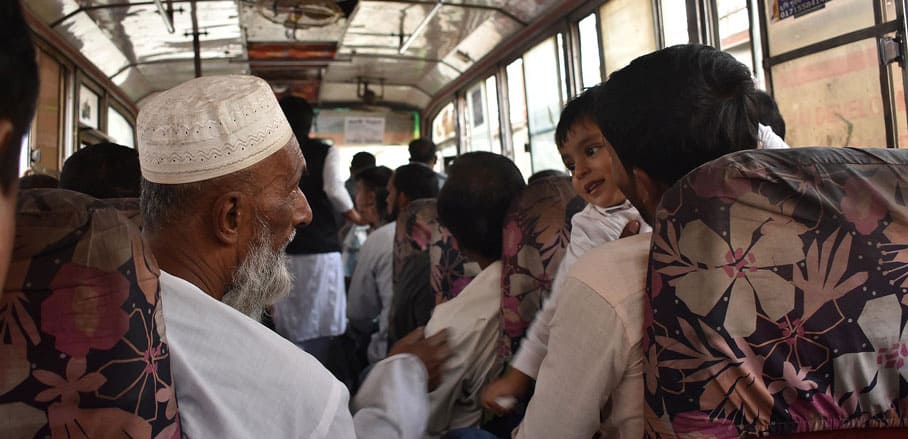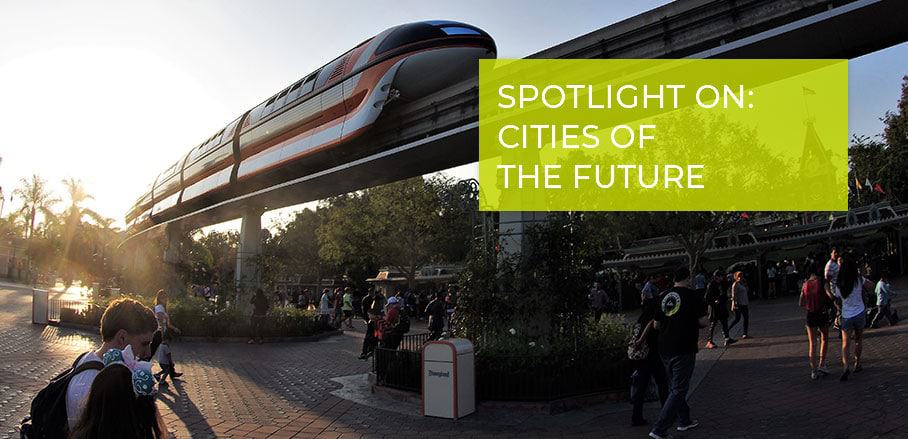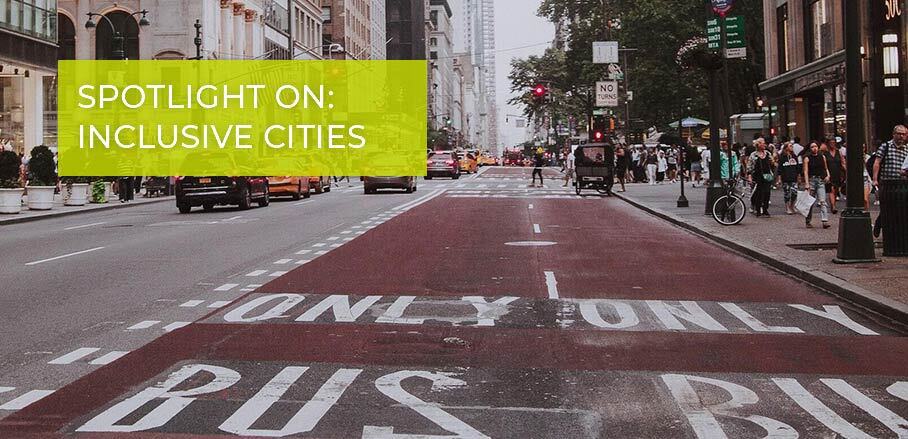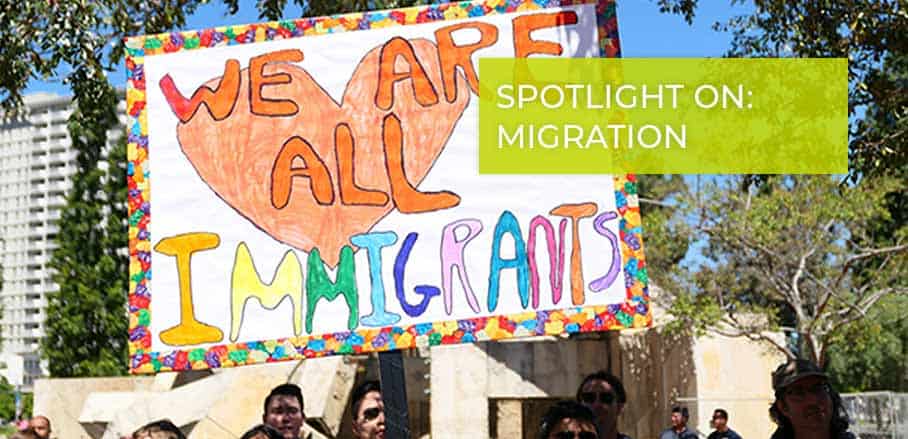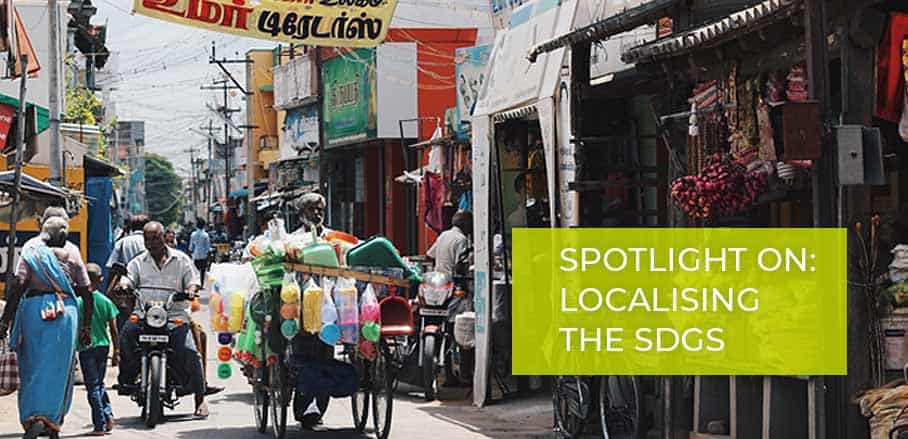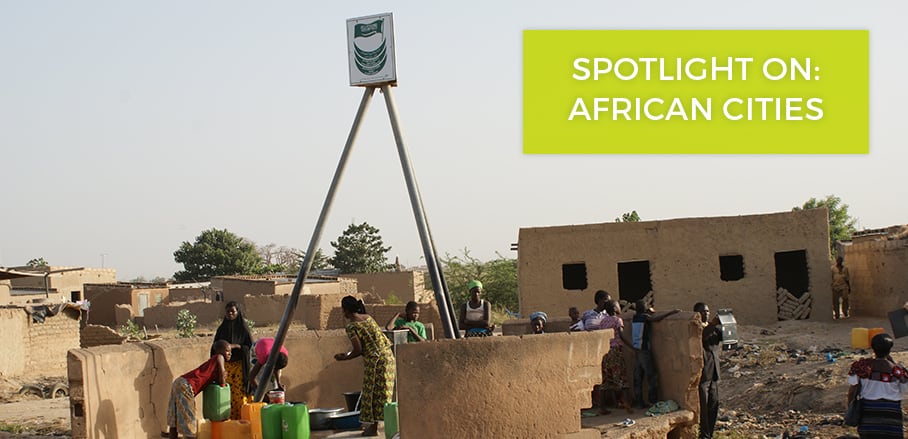Decarbonising Global Urban Transport: The COP27 Presidency Initiative LOTUS
There is no panacea, no silver bullet: Only a holistic approach to technology and urban mobility will ensure sustainable transport for the sake of people and planet. Led by the Egyptian COP27 Presidency, the Low Carbon Transport for Urban Sustainability (LOTUS) initiative was launched. By Christopher Dekki


